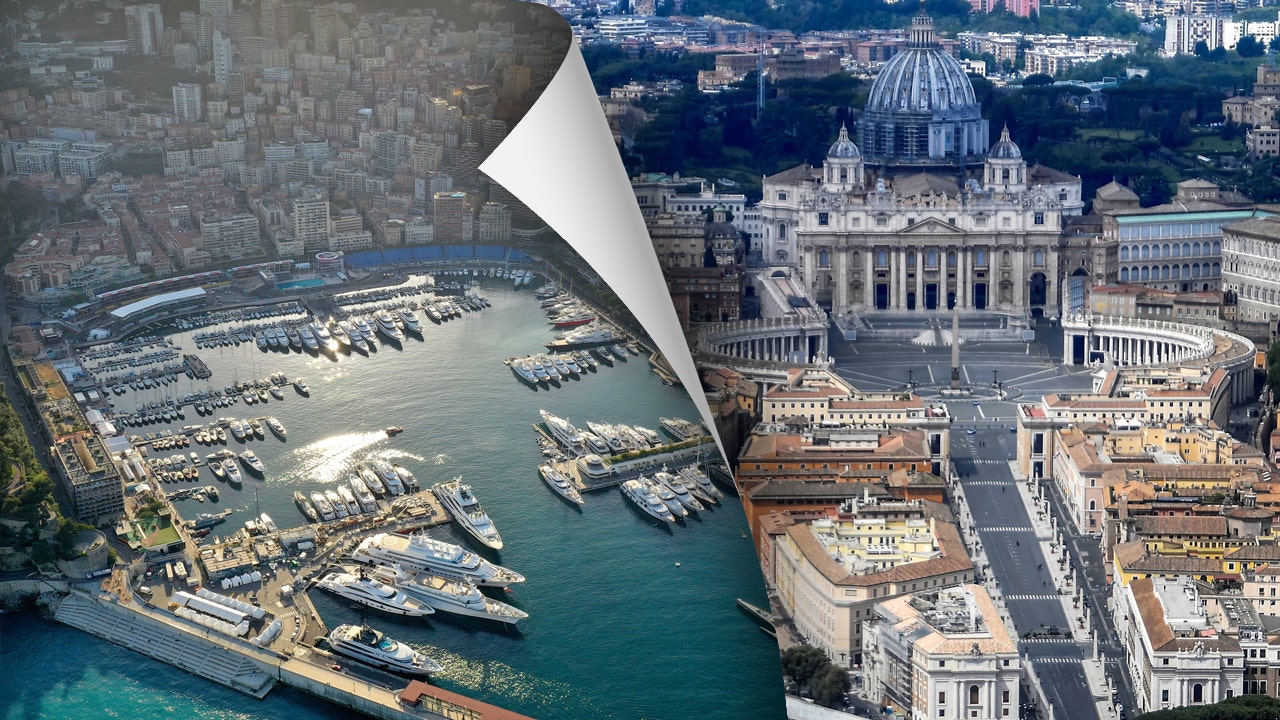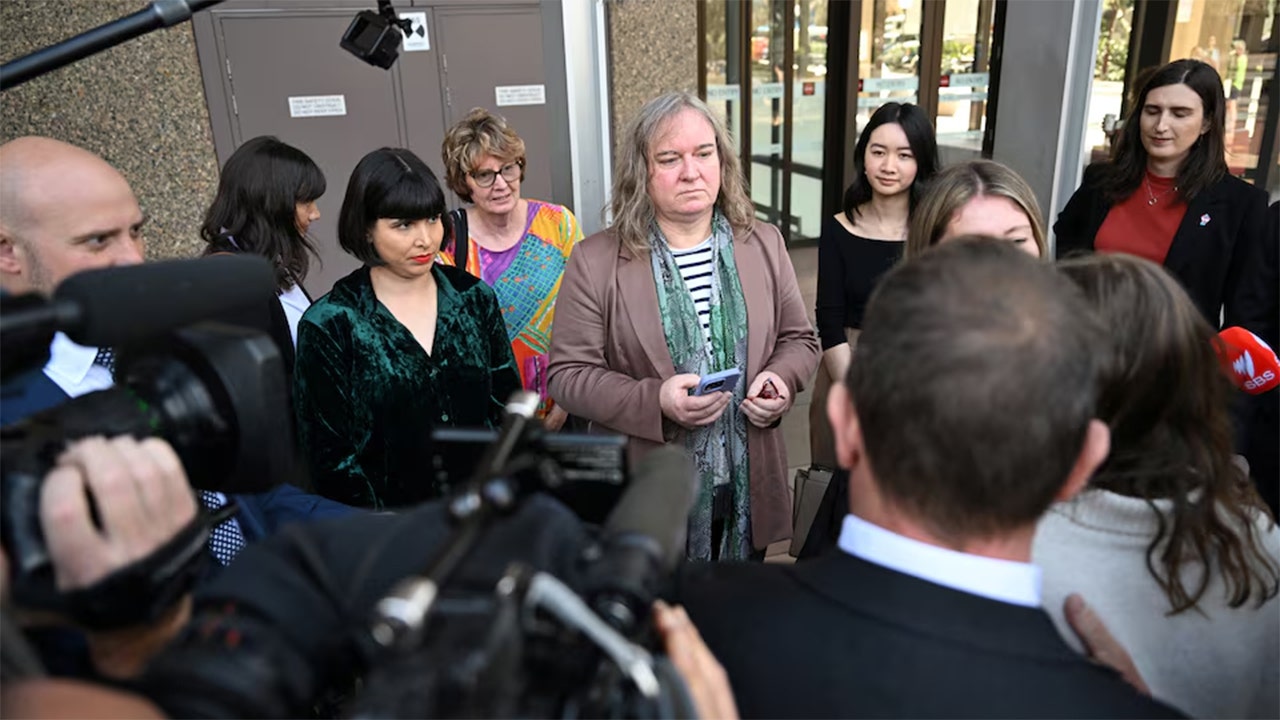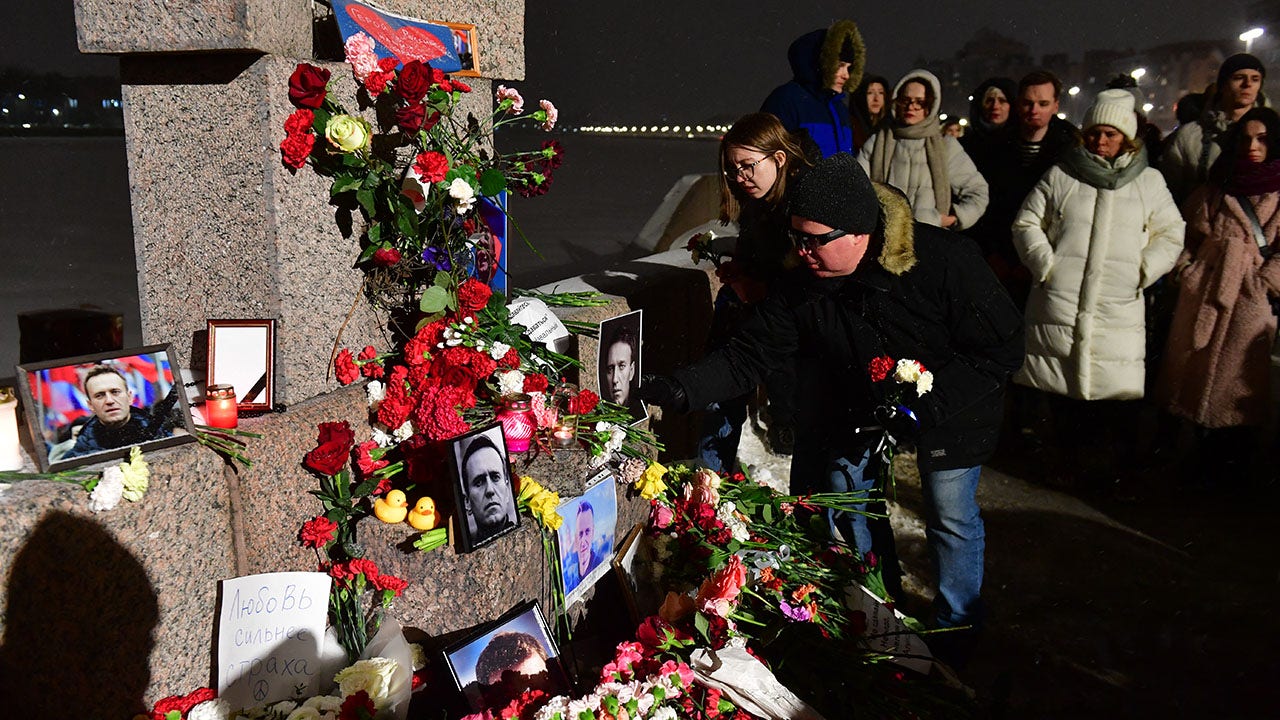The European Union has lifted sanctions against a Russian technology tycoon, in a rare break from a policy of punishing the country’s elites for the invasion of Ukraine.
Arkady Volozh, who co-founded Russia’s largest tech company, Yandex, was taken off the list of sanctioned individuals after condemning the invasion of Ukraine and taking public steps to sever ties to Russia. The decision was announced in a document published by the European Council on Wednesday.
Mr. Volozh is one the most prominent Russian figures to be cleared of sanctions by a major Western power since the start of the war. The move was welcomed by some members of the Russian opposition, who have called on the West to use incentives as well as penalties to exert pressure on the Kremlin.
“There’s finally some logic in the West’s actions,” Abbas Gallyamov, a former Kremlin speechwriter turned political consultant, wrote on the Telegram messaging app. “If you come out against” the war, he added, “then sanctions are lifted.”
The European Union placed Mr. Volozh and one of his deputies on the sanctions list in the early weeks of the war for promoting Kremlin propaganda on Yandex’s news aggregation service. Yandex, which is commonly known as Russia’s Google, said it had no choice but to follow Russia’s strict censorship laws. It sold the news service soon after.
Mr. Volozh, who is based in Israel, resigned from Yandex after being sanctioned. He had also stopped traveling to Russia, and last year issued a forceful condemnation of the war.
“Russia’s invasion of Ukraine is barbaric, and I am categorically against it,” Mr. Volozh said in a statement in August.
Yandex’s parent company, in which Mr. Volozh holds 8 percent of shares, struck a deal last month worth about $5 billion to divest all its assets in Russia, which include a popular browser and a ride-hailing app. The sale was approved by Yandex’s shareholders last week.
Mr. Volozh’s spokesperson did not have immediate comment on the E.U. decision.
Hundreds of Russian businessmen, politicians and officials have been targeted with Western sanctions since the invasion, part of a strategy to raise the Kremlin’s political cost for continuing the war.
But some Kremlin opponents said the West can increase the chances of turning Russian elites against President Vladimir V. Putin by pairing punishment with relief for those who publicly condemn the war.
Such relief has been rare. Britain lifted sanctions against the outspoken Russian banker Oleg Tinkov last year, after he condemned the war and renounced his Russian citizenship. He had paid a domestic price for his criticism — the government threatened to take over the bank he had founded, he said, forcing him to sell his stake at what he called a “fire sale” price.
The Kremlin’s spokesman, Dmitri S. Peskov, last year called businessmen who speak out against the war to obtain sanctions relief “traitors.”
Sanctions relief has also proved controversial among some of Mr. Putin’s opponents, who reason that few individuals in Russia are able to achieve wealth or power without forming close ties to the government.
Last year, a prominent Russian opposition leader, Leonid Volkov, resigned from an anti-corruption group he was leading after a leaked letter appeared to show him lobbying the European Union to remove sanctions from a Russian oligarch.
Mr. Volkov, who served as a senior aide to the opposition leader Aleksei A. Navalny, said in a series of social media posts announcing his resignation that he was wrong to think that sanctions relief could “create a chain reaction of public condemnations of the war and a split in the Russian elites.”






